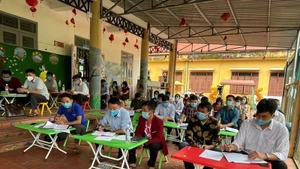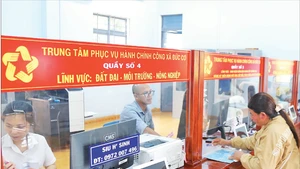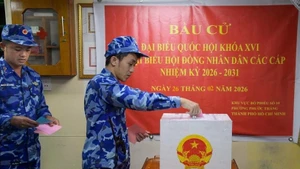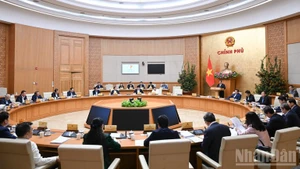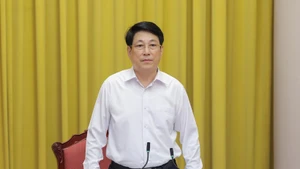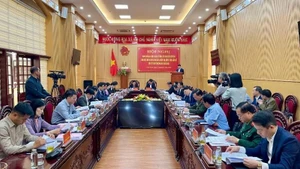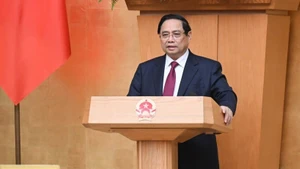The event was attended by leaders of the Ministry of Health and its affiliated units; representatives of medical institutions involved in organ donation and transplantation nationwide; the Viet Nam Association for the Promotion of Organ and Tissue Donation, the Viet Nam Transplantation Association, and Viet Nam Social Security.
Speaking at the workshop, Deputy Minister of Health Tran Van Thuan stated that the Law on Donation, Removal, Transplantation of Human Tissues and Organs, and Donation of Cadavers, passed by the National Assembly in 2006, was the first legal document laying the foundation for this humane and advanced field of medicine.
Thanks to this legal framework, Viet Nam has conducted over 9,500 organ transplants and developed a network of 27 technically capable facilities. The country has gradually mastered complex procedures such as simultaneous heart-liver transplants, tracheal, and lung transplants.
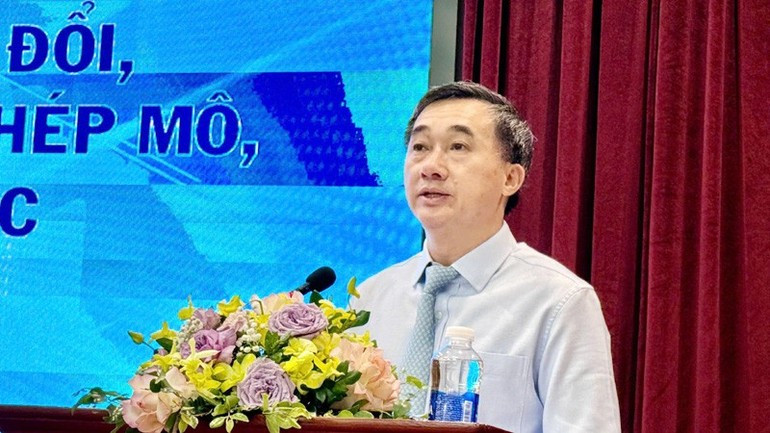
However, after nearly two decades, technological advancements, patient needs, and governance requirements have undergone fundamental changes, while the current law reveals several limitations and has not kept pace with the sector’s rapid development.
Amending the Law is both an objective and urgent necessity, aligning with the spirit of Resolution No. 66-NQ/TW dated April 30, 2025, issued by the Politburo on reforming legal development and enforcement to meet the country’s development requirements in the new era. Accordingly, the law must closely reflect practical needs, stem from development demands, as well as showing respect for and serving the people.
Deputy Minister Tran Van Thuan emphasised that this amendment must be seen as a breakthrough in institutional reform, ensuring feasibility, consistency, and a sustainable, humane, and effective legal foundation for the field of organ transplantation, an advanced branch of medicine offering thousands of patients a second chance at life each year. At the same time, in this era of globalisation and deep international integration, the field of tissue and organ transplantation is no exception to this trend. Therefore, the amended law must align with advanced international practices while still ensuring compatibility with national traditions, practical conditions, and the implementation capacity in Viet Nam.
After 19 years of implementation, 31 hospitals nationwide have been certified by the Ministry of Health as eligible to harvest and transplant one of six human organs: kidney, liver, lung, heart, pancreas, and limbs, from both living donors and brain-dead donors. There are also 12 tissue banks (including several stem cell banks).
Notably, from June 1992 to June 2025, the total number of transplants performed was 10,027. As of June 22, 2025, the number of people registered to donate organs after death or brain death nationwide stood at 133,530.
Regarding the contents of the amendment and supplementation, Dr Nguyen Trong Khoa stated that the proposed revisions include: allowing 18-year-olds and donors having passed away due to cardiac issues to donate tissues and organs; simplifying the conditions for tissue and organ removal; reducing the time requirement for brain death diagnosis; modifying prioritisation criteria; and developing financial mechanisms and policies.
At the workshop, participants actively discussed and contributed opinions on key issues such as: assessing the social, ethical, and legal impacts of expanding the scope of eligible donors, particularly those under 18 and those deceased from cardiac arrest; financial mechanisms; health insurance policies; safeguards for donors and their families; human resource training; as well as technical, legal, and administrative solutions aimed at simplifying but maintaining the rigour of brain death diagnosis processes—especially ensuring respect for voluntary consent, data privacy, and non-commercialisation in this area.

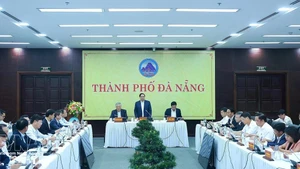
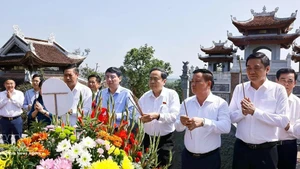


![[Photos] Party General Secretary presents title “Hero of the People’s Armed Forces” to the Navy](https://en-cdn.nhandan.vn/images/5992a12dd6e78b9bfb434962ff1830731c3ef6c1538d722fbb2593b0fa31ecfe38d01cdaaaab03a54304ad015b6d4ff5bdeadcaf72af28ae748ff126afbb566c/280226-tbt-6.jpg.webp)

